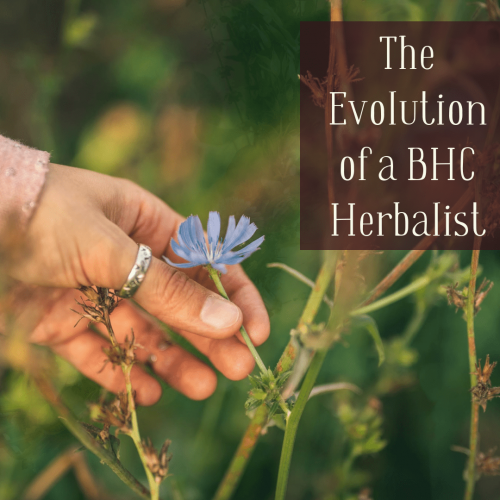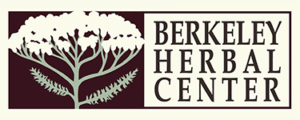
There are only a handful of multi-year certified herbalism programs in the United States. Even fewer programs (maybe 2 or 3) offer a clinical certification and a multi-year internship at a community herb clinic.
We’re a little biased, of course, but when it comes to setting you up for life as an herbalist, the Berkeley Herbal Center Program offers the best, most complete training in Western Herbal Medicine available.
Our certification programs are some of the most involved. And our clinical program offers you real clinical experience in a supervised setting. We help create herbalists who want to launch life-long careers in herbalism in a way that is truly unique.
Here’s how we help to transform a new student into a clinician. And then from a clinician to an herbal teacher that helps spread the healing knowledge of our ancestors.
We start here: who is an herbalist? Well we would say it’s anyone who participates in the deep connection of land and plants. This ancient wisdom from the land that empowers us to heal.
Ashley, one of our faculty clinicians who came through the program says, “It is a heartwarming moment to witness the first time a student actually refers to themselves as an herbalist.
In the first day of class, I always say that herbalism can take many forms. Gardening, cooking, aromatherapy, clinical, folk, medicine making, wildcrafting – etc.
I always make sure to note that there is room in the world for more herbalists, and I often refer to my beginning students as such.”
Throughout the course, students learn about body systems, they create a materia medica, experience plants and healing (often their own) first hand. And within the first two foundational parts the program they truly transform into an “herbalist.”
Moving into the clinic takes a special amount of hard work and dedication. Not every student from the certification program is able to go into the clinical apprenticeship at the school. Students need to have all of the assignments from both programs completed and be in excellent academic standing. It’s more than just academics though.
You have to interview amongst our staff, and make a commitment to stepping into a professional learning environment.
The first year clinicians are the folks that truly applied themselves and presented excellent case studies throughout the therapeutics year. They really feel that herbalism is their career. They have ambition to be a practicing clinical herbalist or a small herbal business owner.
Going into the clinical year is the moment where you get to put all of the theoretical into actual practice.
The entire student clinic is run by the students under the supervision and guidance of the advisors.
Student clinicians are responsible for scheduling and managing all of their own clients. This often looks like filing all paperwork, mixing their own formulas, and following up with their clients. The students also help to create the managerial structure of the clinic.
Teams rotate weekly between jobs of the clinic manager and the assistants. Assistants help with scheduling clients, filing paperwork, taking herb inventory, managing finances, restocking the clinic, and advertising for the clinic.
Student clinicians work closely one on one with the clinic advisors to discuss their dreams and ambitions for their herbalist futures. The idea is to teach students the ins and outs of running an herbal clinic while offering the support they need to grow as an herbalist to help prepare students to begin a private practice when they graduate.
One of the most unique and important aspects of our structure is that students become clinicians, and clinicians become our teaching staff.
At first, the clinicians get experience teaching by being a teacher’s assistant on our certification program trips. Then, sometime during their first clinical year, each clinician is required to teach at least one class. This is another one of the ways that we offer our student clinicians the opportunity to grow their own herbal community.
For most of the herbalists, this is their first opportunity to share all of the beautiful knowledge they have accumulated over the past several years. The opportunity to get comfortable with teaching and talking in front of groups has led even more than one of our clinicians to open their own programs!
After the first year, a few students are invited to the second year clinic program. These students are given teaching opportunities in some of our introductory summer courses.
In year two of the clinic, the BHC Founder, Pam, mentors students individually, hones their teaching skills, and grooms them to possibly join our staff one day! All of our staff have gone through the program and understand what to expect.
What do you think about the Berkeley Herbal Center structure?
Are you interested in creating your own herbal journey?
Support Our Work
Berkeley Herbal Center is a 501(c)(3) organization, so all donations are tax deductible. Tax ID #14-1975183
If you would like to donate by check or cash, please send an envelope addressed to:
Berkeley Herbal Center
1250 Addison St., #G
Berkeley, CA 94702

